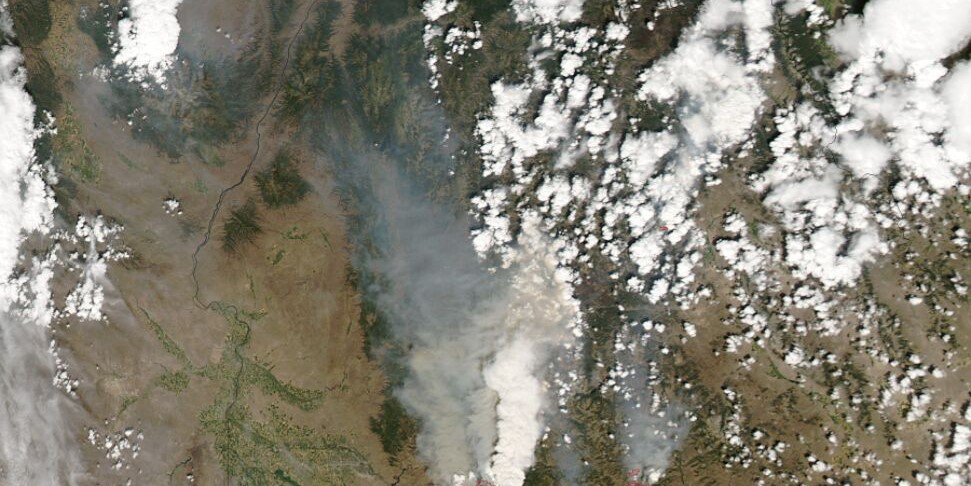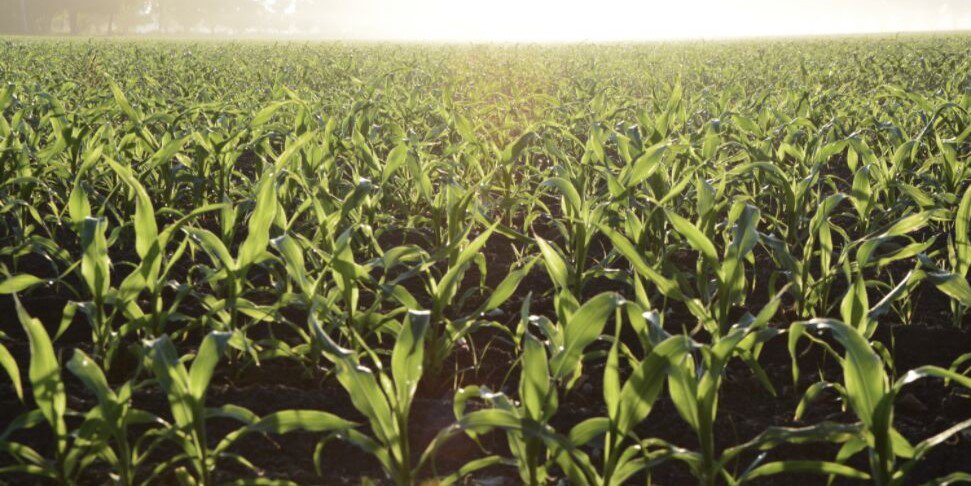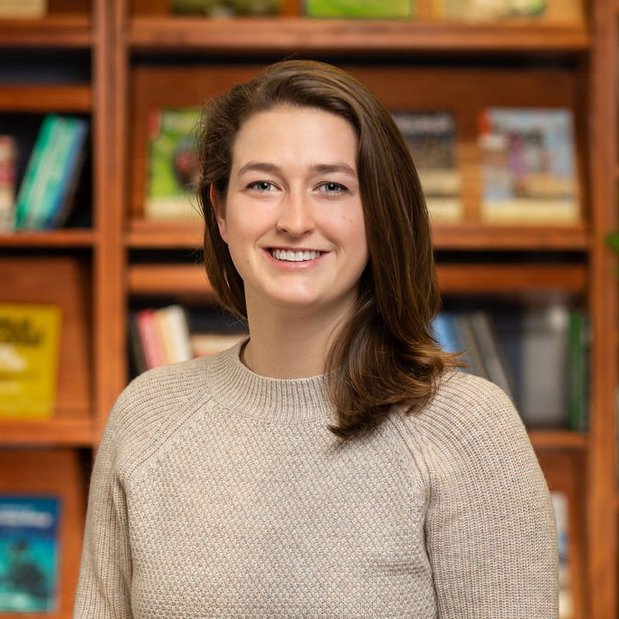2019 VALUABLES Consortium Annual Workshop
The VALUABLES Consortium's workshop is an annual gathering of economists, NASA experts, Earth scientists, decisionmakers, and thought leaders.
Event Details
On October 30, 2019, Resources for the Future (RFF) hosted the VALUABLES Consortium’s 2019 workshop, an annual gathering of economists, NASA experts, Earth scientists, decisionmakers, and thought leaders working to estimate and communicate how satellite data benefits society when we use it to make decisions.
Workshop program highlights included:
- New results from case studies that quantify how using satellite data in decisions about managing health and air quality, water quality, flooding, agriculture, endangered species, and wildfires improves socioeconomically-meaningful outcomes for people and the environment.
- Discussions with NASA, US Environmental Protection Agency (EPA), and US Geological Survey (USGS) experts about collaborating with economists to measure the socioeconomic benefits of using satellite data applications in decisionmaking and using the consortium’s microeconomic framework to guide this process.
When: Wednesday, October 30, 10:00 a.m.–5:00 p.m. ET
Where: Virtual
VALUABLES is a cooperative agreement between RFF and NASA.
Event Video
What do we do?
Here are four impact assessments that quantify how society benefits when people use satellite information to manage . . .




Agenda
Welcome & Introduction
9:30 a.m.–10:00 a.m. Breakfast
10:00 a.m.–10:15 a.m. Welcome remarks from Ann M. Bartuska and Lawrence Friedl
10:15 a.m.–10:25 a.m. Introduction to the VALUABLES Consortium by Bethany Mabee
Presentations & Panels
10:25 a.m.–10:45 a.m. VALUABLES Framework for Measuring Socioeconomic Benefits
Presenter: Yusuke Kuwayama
10:45 a.m.–12:30 p.m. VALUABLES Impact Assessment Presentations and Discussion
- The Cost-Effectiveness of Satellite Earth Observations to Inform a Post-Wildfire Response, Bethany Mabee
- Monitoring Quantifying the Socioeconomic Benefits of Using Satellite Info to Detect Harmful Algal Blooms and Manage Recreational Advisories, Molly Robertson
- Using Satellite Data to Fill Gaps in US Air Pollution Monitoring / Does Shale Gas Development in PA Worsen Birth Outcomes Through Its Air Pollution?, Alan Krupnick
- Market-based Methods for Monitoring Uncertainty Reduction, Yusuke Kuwayama
- Integrating GRACE into Drought Monitoring, Flood Forecasting, and Agricultural Markets Related Decisions, Richard Bernknopf
- Remote Sensing for Blue Whale Conservation, Andrew Steinkruger
12:30 p.m.–1:30 p.m. Lunch
1:30 p.m.–2:30 p.m. How to Build a Culture of Impact Assessment
Panelists: Savannah Cooley, Blake Schaeffer, and Carl Shapiro
Moderator: Yusuke Kuwayama
2:30 p.m.–2:50 p.m. Grants for Assessing the Benefits of Satellites(GABS)
Presenter: Alan Krupnick
2:50 p.m.–3:20 p.m. Coffee Break
3:20 p.m.–4:30 p.m. Impact Assessments from the Broader Community
Presenters: Abhishek Nagaraj and Brigitte Roth Tran
4:30 p.m.–5:00 p.m. A Look Ahead: What's Next for VALUABLES?Presenters: Yusuke Kuwayama and Bethany Mabee
RFF Live Event
5:30 p.m.–6:00 p.m. Cocktail Reception
6:00 p.m.–7:00 p.m. RFF Live's "Taking the Pulse of a Changing Planet," where a panel of experts discuss past, present, and future opportunities in applications of satellite data.
Participants

Savannah Cooley
Impact Assessment Lead, Western Water Applications Office, NASA Jet Propulsion Laboratory

Lawrence Friedl
Director, Applied Sciences Program, NASA

Abhishek Nagaraj
Assistant Professor, Haas School of Business, University of California Berkeley

Molly Robertson
Associate Fellow
Molly Robertson is an associate fellow at Resources for the Future.

Brigitte Roth Tran
Senior Economist, Federal Reserve

Blake Schaeffer
Office of Research and Development, U.S. Environmental Protection Agency

Carl Shapiro
Center Director, Science and Decisions Center, U.S. Geological Survey









